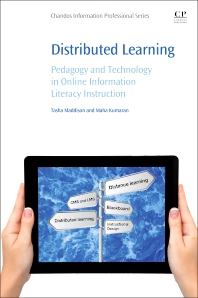
Map Librarianship
- 1st Edition
- November 3, 2016
- Susan Elizabeth Ward Aber + 1 more
- English
- Paperback9 7 8 - 0 - 0 8 - 1 0 0 0 2 1 - 2
- eBook9 7 8 - 0 - 0 8 - 1 0 0 0 4 5 - 8










Collection development and management
Continuing professional education in librarianship
Digital libraries
Education for information science
Education for librarianship
Government information and libraries
Information knowledge management
Information policy
Information processing and control
Information science and management general
Legal aspects of library and information science
Library and information systems
Library automation and networks
Library instruction user training
Library science general
Library technical services
Library theory and research
Library user services
Scientometrics bibliometrics